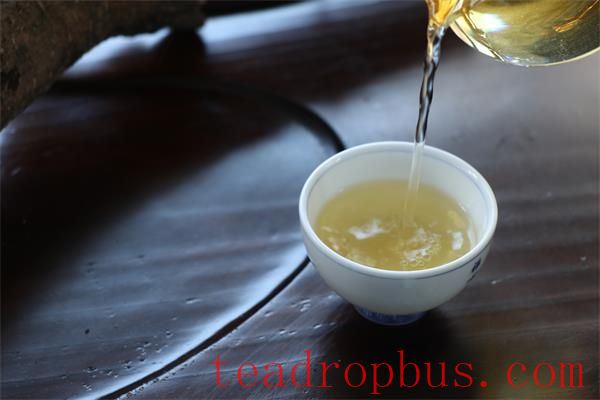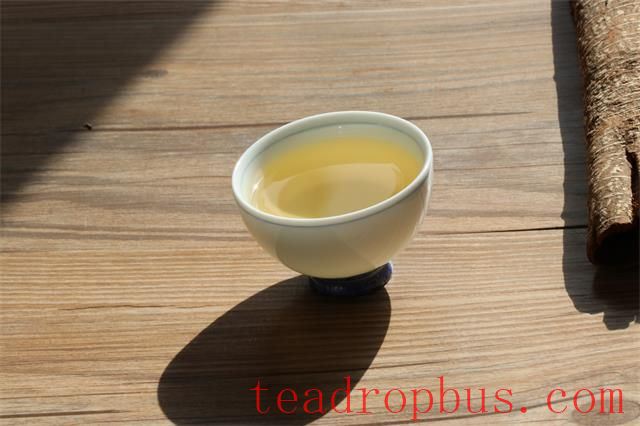There are countless beverages, but only Tea can be called the national drink.
Many people love tea for its subtle fragrance and the bittersweet aftertaste it leaves in the mouth.
Tea lovers could be said to be never happier without their tea.
However, you may not know that the compounds in tea have certain effects that make people feel incomplete without it.

01 The role of aromatic substances
Aromatic substances travel on an “olfactory time machine,” passing through the “nasal passage” or “nasopharyngeal passage” to reach the olfactory mucosa. Olfactory cells sense these aromatic substances and transmit signals along the olfactory nerve to the brain, putting the brain in a state of excitement.
02 The role of catechins
One minute after Drinking Tea: Catechins lurking in the mouth, throat, and pharynx kill viruses and bacteria, relieving symptoms such as oral ulcers and sore throats.
Ten minutes after drinking tea: Catechins increase intestinal motility.
Thirty minutes after drinking tea: Catechins pass through various barriers and enter the human bloodstream.
One hour after drinking tea: Catechins protect blood vessels, cells, skin, and the brain from free radical damage, which helps prevent cardiovascular diseases, fade spots, fight aging, and prevent strokes.

03 The role of Caffeine
Forty-five minutes after drinking tea: Caffeine leaves the “stomach” and “small intestine” and is escorted by the “blood” to all organs in the body.
In the brain, caffeine awakens the drowsy “cerebral cortex,” making the brain more active, improving concentration and enhancing physical performance.
In the heart, caffeine strengthens the contraction of the “cardiac muscle,” having a strong, antispasmodic, and bronchodilating effect.
In the kidneys, caffeine dilates the “renal vessels,” increasing renal blood flow and enhancing kidney function, preventing urinary tract infections.
In the liver, caffeine drives away “alcohol,” alleviating and eliminating the toxic effects of alcohol on the liver.
Four hours after drinking tea: Caffeine increases heat production in “adipose tissue,” burning off excess “fat” and contributing to weight loss.
Eight hours after drinking tea: Caffeine concludes its pleasant journey and is excreted from the body through urine.

04 The role of L-Theanine
Thirty minutes after drinking tea: L-theanine passes through the “esophagus” and “intestines” and reaches the blood and liver.
One hour after drinking tea: L-theanine leaves the blood and liver and travels through various tissues and organs.
Five hours after drinking tea: L-theanine finally crosses the “blood-brain barrier” and enters brain tissue. In brain tissue, L-theanine influences the metabolism and release of neurotransmitters like “dopamine,” exerting a calming effect and protecting against brain injury.
Therefore, drinking tea is more like a pleasure for us.
Approaching Tea drinking with a relaxed mindset naturally brings enjoyment.